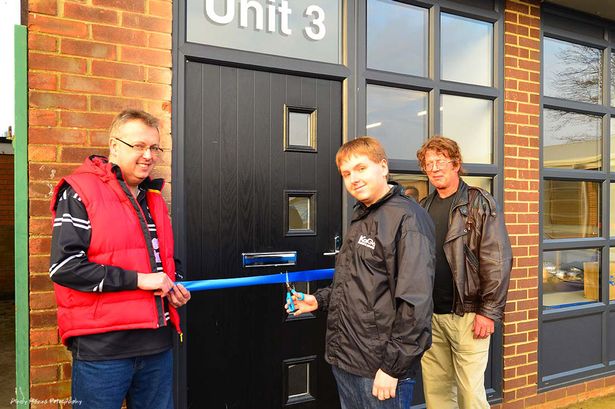Home
About Us
|
|
by: J Square Humboldt
The need to continue giving aid to the victims of Hurricane Katrina must remain a priority ...
It's now months after the American Gulf Coast was devastated. Billions have been spent in relief, but billions more are needed. Such is the scope of a storm that ranks among the most severe in modern North American history.
To this day, residents' lives are still wrecked. Vital services are still wanting. Homes and businesses remain unrepaired. The effort to do so is not lacking; far from it. The hard fact is that the resources available are still spread too thin.
Recently, the Washington Post conducted a survey to determine an accounting of the charitable aid that has been provided to date. The results are impressive, showing this to be the largest donation drive in American history. Almost $3billion has been raised and approximately $2billion of that amount has already been disbursed.
It's a mind-jolt to grasp the concept that, even with a record level of heartfelt giving, only a dent has been made in improving lives there and that the remaining $1billion will be impossibly stretched in order to have any overall impact. Very little has apparently slipped into administrative hubris. Virtually all monies, says the Post, have gone toward cash, food and temporary shelter, medical care, tarps for damaged homes and school supplies for displaced children.
Here are other facts which were determined by the Post's survey:
The Red Cross , which was criticized for slow distribution of donations after the Sept.11, 2001, terrorist attacks, has given out 84 percent of its Katrina and Rita donations.
Fifty cents of each donated dollar went out in cash to victims.
Six percent of contributions came in the form of supplies — building materials, food, water, clothing, heavy equipment — contributed mostly by corporations.
Fifty-six percent of remaining donations are controlled by faith-based organizations. They include such well-known institutions as Catholic Charities USA and the Salvation Army but also lower-profile groups like the United Methodist Committee on Relief and United Jewish Communities.
(continued...)
Katrina Cash Crisis Continues
Page 2
About The Author
J Square Humboldt is the featured columnist at Longer Life's website, which provides information designed to improve the quality of living. He's at http://longerlifegroup.com/cyberiter.html.
|
Additional Resources
category - Grants for Nonprofits
Medical Tropical Research Laboratory Program Infectious Disease Research Award
National Science Foundation announces the Cyberlearning: Transforming Education Program
Origin-Destination Database of Border Traffic Flows for Transportation Planning
US Environmental Protection Agency: Russian Arctic Black Carbon, Reduction of Black Carbon from Diesel Sources
Follow @topgovtgrant
Social Entrepreneurship
Spotlight
Hexham Social Enterprise Launches Workshop to Provide Training for the Unemployed

A Gilesgate-based shop and community facility, Hexham’s Core Music, launches a separate workshop where up to six people will be trained how to repair guitars and make ukuleles. The European Social Fund grant supported the project and has secured funds through the County Durham Communication Foundation to equip the workshop in Burn Lane.
